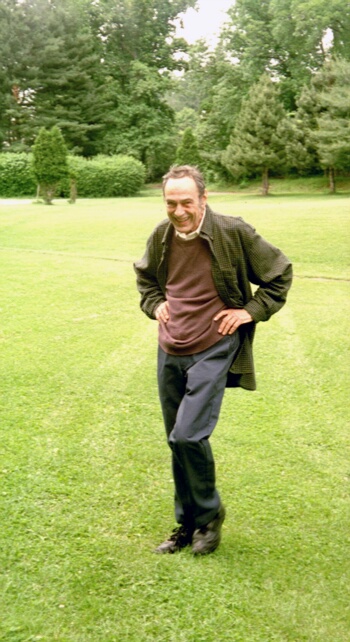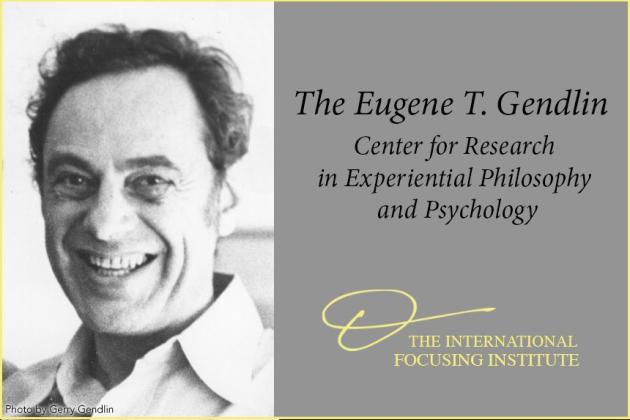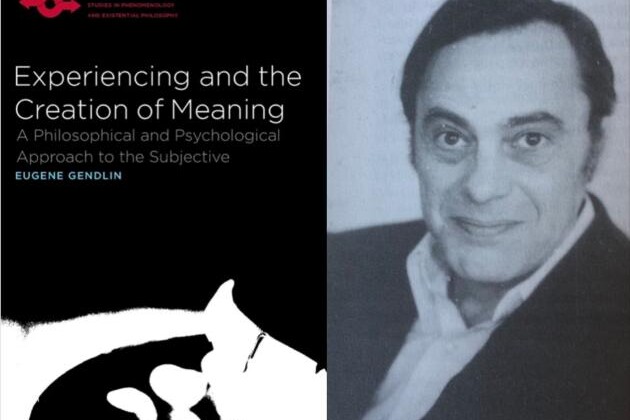Eugene Gendlin
Eugene Gendlin (1926–2017) was an influential American philosopher and psychotherapist best known for developing the therapeutic process called Focusing. His work bridged the fields of psychology and philosophy, drawing from existentialism, phenomenology, and his collaboration with Carl Rogers, the founder of person-centered therapy.
Gendlin’s groundbreaking contribution was his discovery that successful therapy depends not just on talking about problems but on a client’s ability to sense and engage with the “felt sense”—a vague, pre-verbal inner experience. Through this insight, he developed Focusing, a process that helps individuals access these felt senses to gain clarity, insight, and emotional healing.
His influential book, Focusing (1978), popularized this method and demonstrated how people can use it outside of therapy to resolve inner conflicts and foster personal growth. Gendlin’s work continues to impact psychotherapy, mindfulness practices, and body-based therapies, emphasizing the importance of connecting with embodied experience to promote psychological well-being and transformation.

Eugene Gendlin made profound contributions not only to psychotherapy but also to philosophy, particularly through his work on the nature of human experience and meaning-making. A professor at the University of Chicago, he was deeply influenced by the philosophical traditions of phenomenology and existentialism, which shaped his belief that bodily experience plays a central role in how people understand and make sense of the world. His philosophical work culminated in his major theoretical text, A Process Model, where he elaborates on how human experience is constantly in a state of unfolding and change, driven by the interaction between our bodies and the environment.
Gendlin’s concept of the “felt sense”—a bodily, pre-conceptual awareness of a situation or problem—was revolutionary because it pointed to a deeper, often unarticulated layer of experience that lies beneath conscious thought and language. He observed that when clients in therapy could pause and tune into this felt sense, they often experienced breakthroughs that talking alone could not achieve. This insight led to the development of the Focusing technique, which teaches individuals how to access this bodily knowing and allow it to unfold into new understanding or insight.
Throughout his career, Gendlin emphasized the importance of experiential knowing, arguing that much of what is meaningful in life is felt and lived before it is fully articulated. He believed that psychotherapy could only be effective if it helped clients connect with these deeper layers of their experience.
In addition to his clinical and philosophical work, Gendlin was also a prolific author, publishing numerous books and papers on the interplay between body, language, and thought. His influence extended beyond therapy into fields such as education, creative writing, and even artificial intelligence, where his ideas about how humans process meaning have been applied in unexpected ways.
Eugene Gendlin’s work remains highly respected, with the Focusing Institute continuing to train individuals in his methods and expand his legacy through workshops, research, and publications. His focus on the body as a source of wisdom and transformation continues to influence contemporary approaches to healing and self-awareness.




